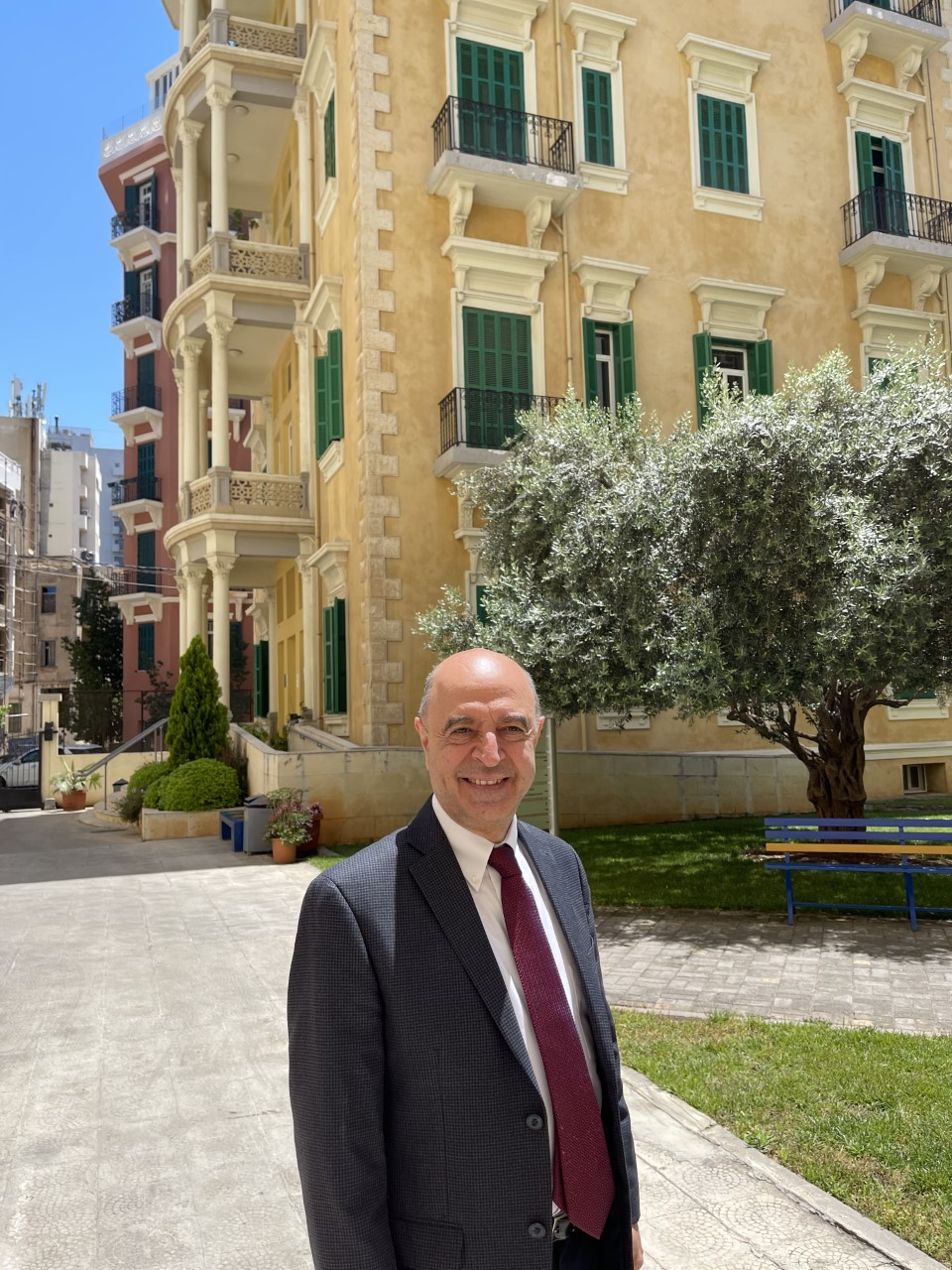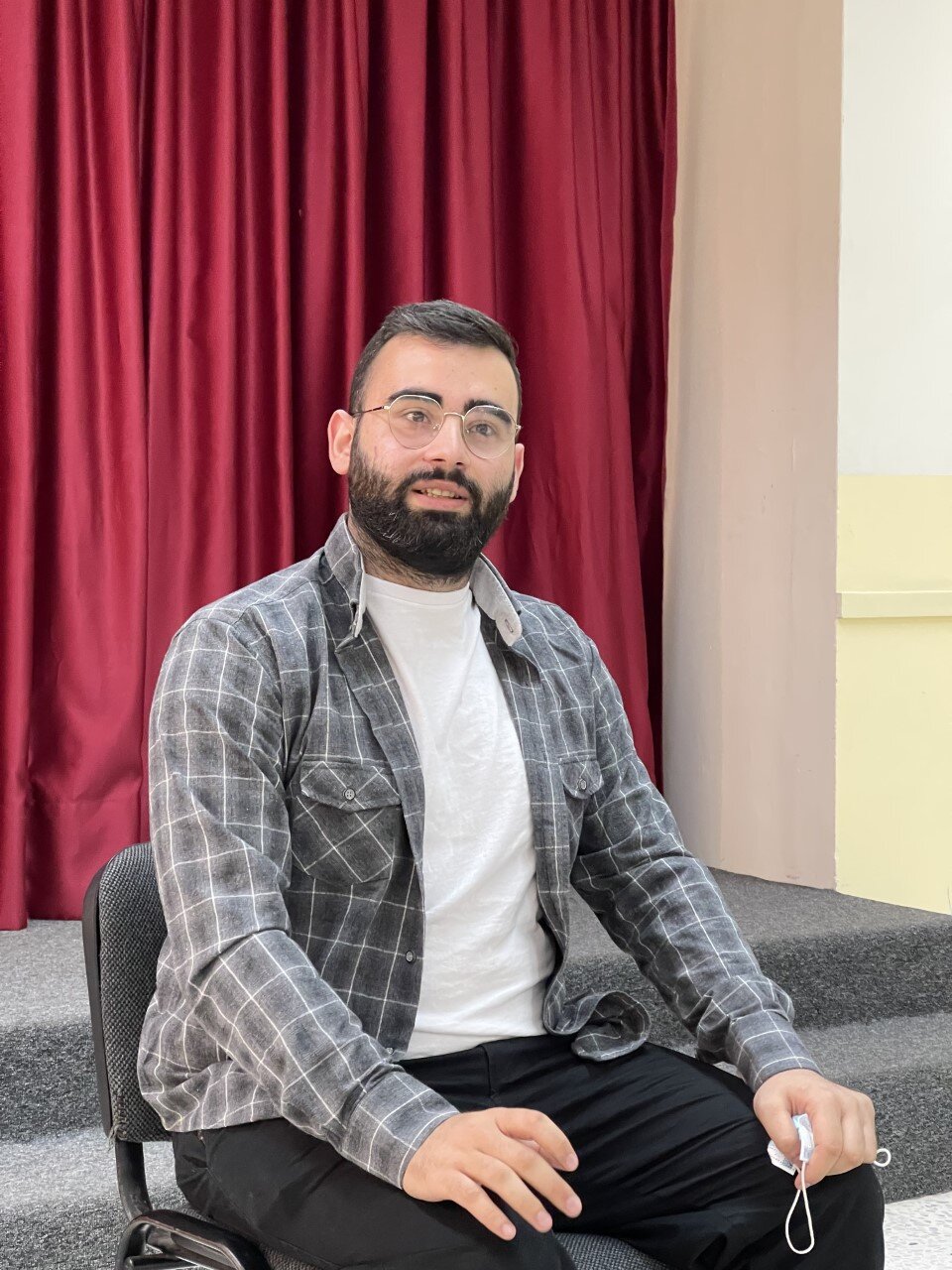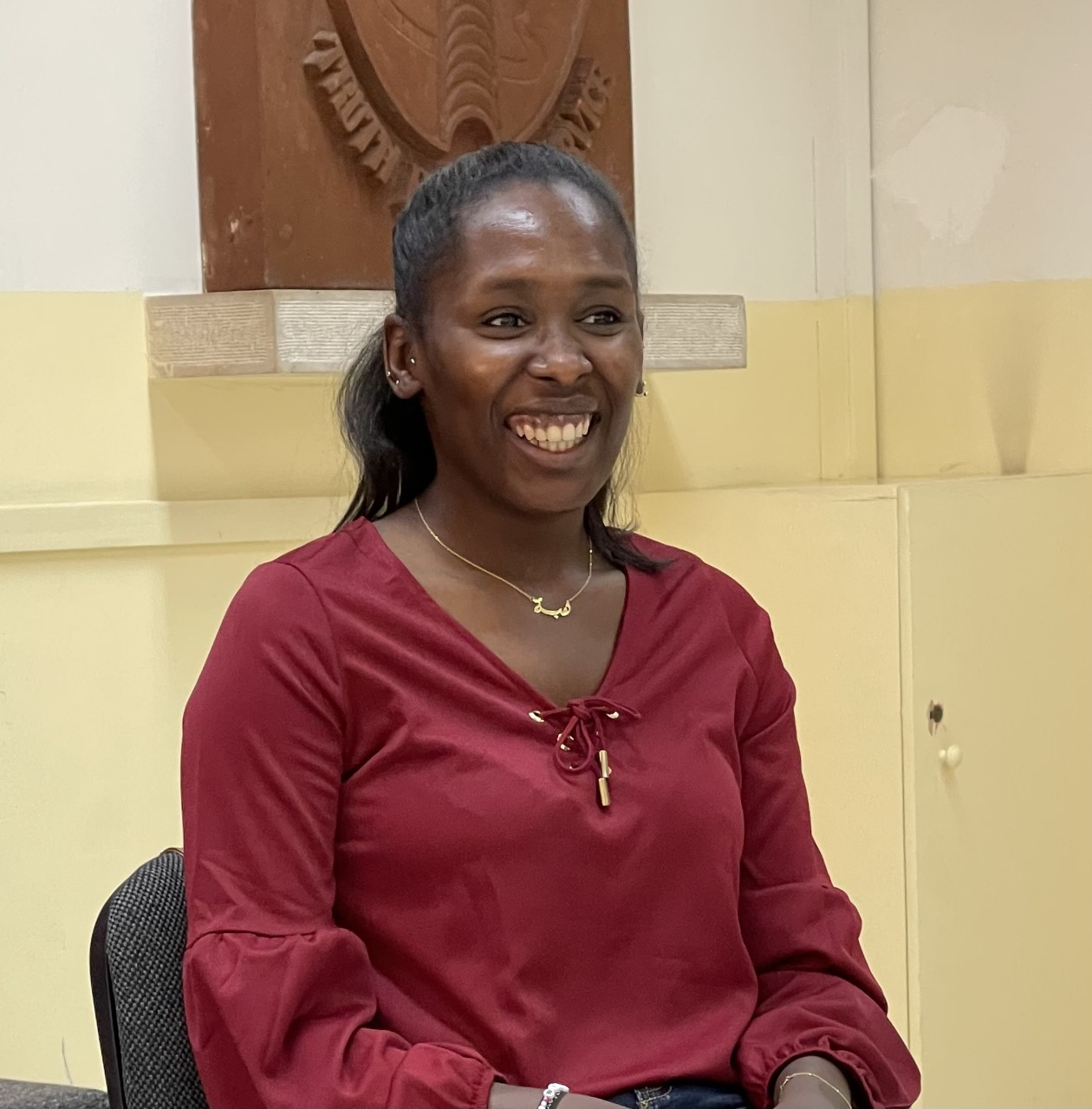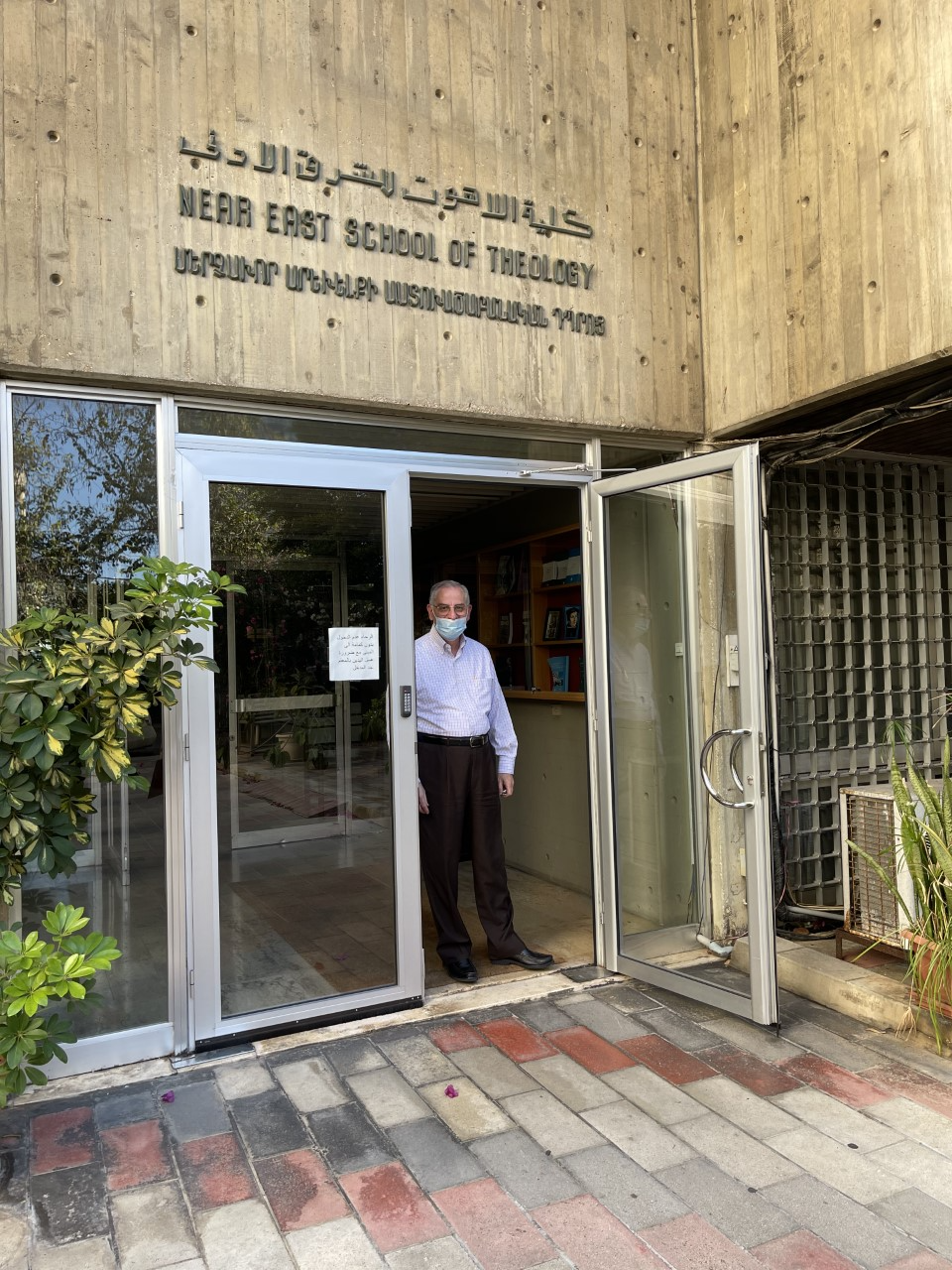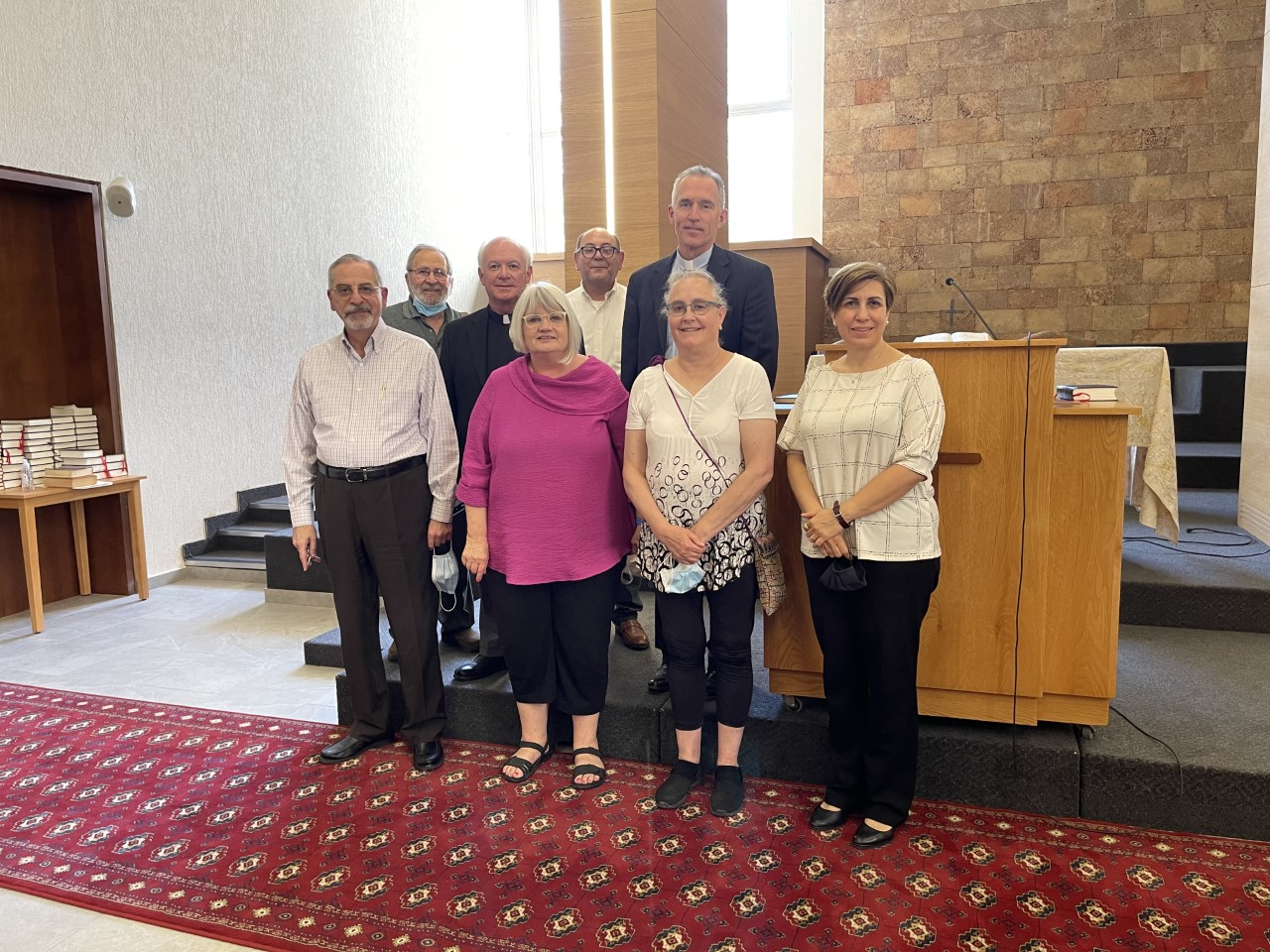Lebanon #6: Shnorh agaliem
When visiting a place where the language spoken is not your own, it is most helpful to learn key phrases such as, “hello” and “goodbye.” Perhaps more important than these, however, is to learn how to say, “thank you.”
As our Outreach team continued our visit with partners in ministry both old and new in Lebanon on our first such excursion since the outbreak of the pandemic, we learned a new way to say thank you. “Shnorh agaliem,” was the answer when we asked the Rev. Dr. Paul Hadostian, president of Haigazian University in Beirut, the school founded in 1955 to train pastors and teachers for the Armenian Evangelical Church. Literally, shnor alegiam means, “I have received grace,” he told us. Indeed.
As with all schools of every level, Haigazian found itself quickly shifting to online forms of education to meet the challenges of Covid-19, but this did not change the mission or character of the institution. Haigazian is a family of scholars and students who are unabashedly Christian and uncompromisingly academic. With about 750 students it is a small institution, but powerful, with graduates having an impact in many high levels of society, here in Lebanon and around the world.
We met Vahan, who with his family left Syria in 2014 when terrorists attacked his home village of Kessab. As with most students, he has little resources from his family and so requires significant scholarship support, but that is a small investment in this promising student of computer science, who also recently received his teaching diploma.
We met Hiba, born in Lebanon to a Syrian mother and Sudanese father (whom she has never actually met) she found Christ because of the love she encountered at Haigazian. She is studying to be a social worker, perhaps in a prison.
We met a handful of professors and administrators, almost all of them graduates of Haigazian. As Dr. Hadostian commented, “Any university that will not hire its own graduates is not doing its job.”
Clearly, Haigazian is doing a great job, creating a family of educated and dedicated people who will serve Christ by serving the world, especially here in the Middle East. Thank you, God, for the grace they have received, and the grace they share in their lives.
From Haigazian we traveled a few busy city blocks to visit old friends at the Near East School of Theology. As with Haigazian, this institution suffered significant damage from the explosion of August 4, 2020, when a huge cache of ammonium nitrate killed hundreds, injured thousands, left 600,000 homeless, and left much of downtown Beirut in a sea of broken glass and twisted metal. No one was killed at either institution, and few were injured, physically. Again, thank you, Lord. Grace was received.
This is not to say that there was no damage. Along with the physical effects of the blast, all of Lebanon suffers from a terrible recession, huge devaluation of their currency, and a government that has proven to this point to be nonresponsive to the plight of its people. Among the professors of NEST with whom we visited, there is resolve to carry on, but also palpable exhaustion. Among the students there who are preparing for ministry in diverse Middle Eastern contexts, and among the faculty and staff, there are questions deep in the soul, about their personal futures, and the future of Lebanon itself. There is also hope because these are people of faith. “How long can we be resilient,” asks Dr. Johnny Awwad? Good question. Still, thank you, for the grace that has seen them through this far.
“Shnorh agaliem,” may sound a bit strange to western ears, but to the ears of this writer, it is profound and beautiful. I have seen grace at work in the hearts and lives of these faithful servants of Christ. And I have received grace from simply being in their presence.
Thank you, Lord, for teaching me a new way to say, “thank you,” and a new way to understand what I mean when I am saying it.
For the Team,
Jack Baca

